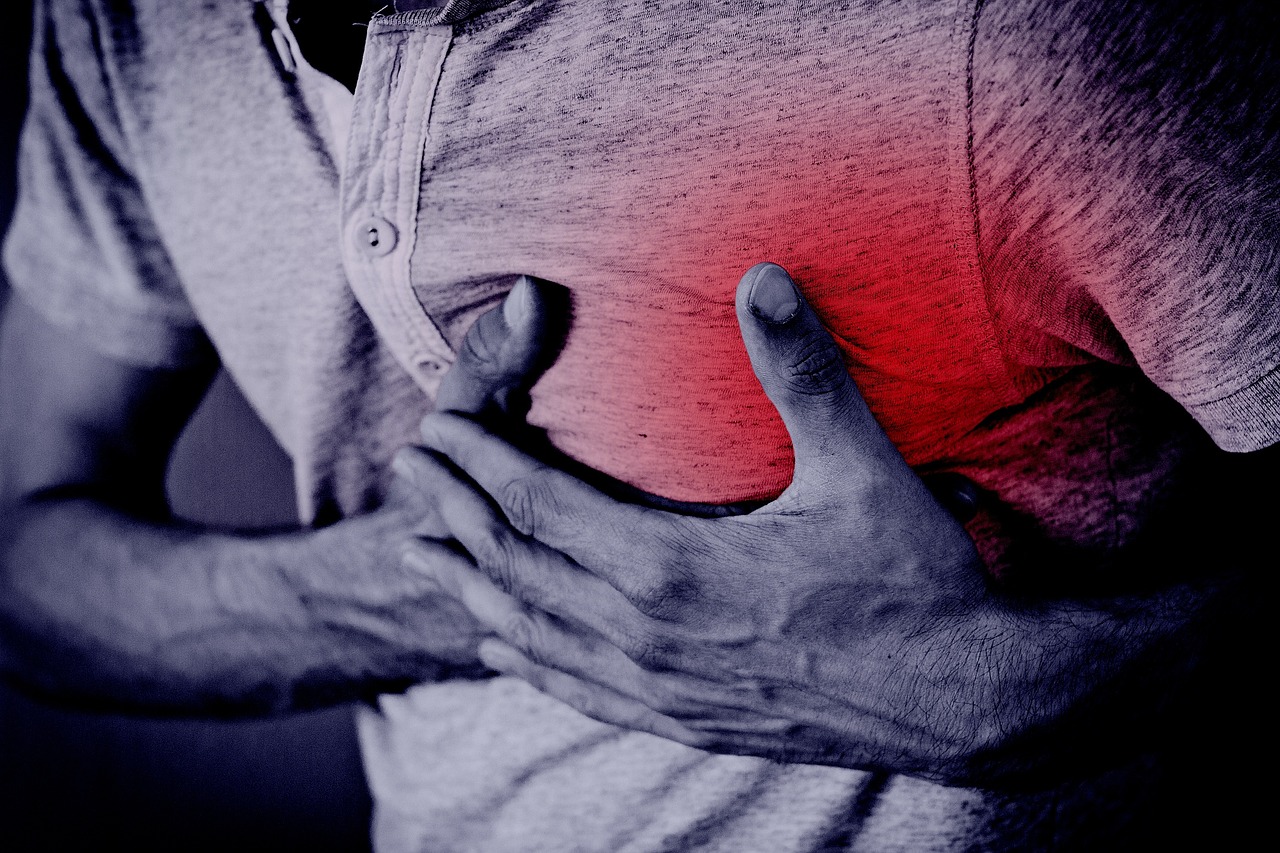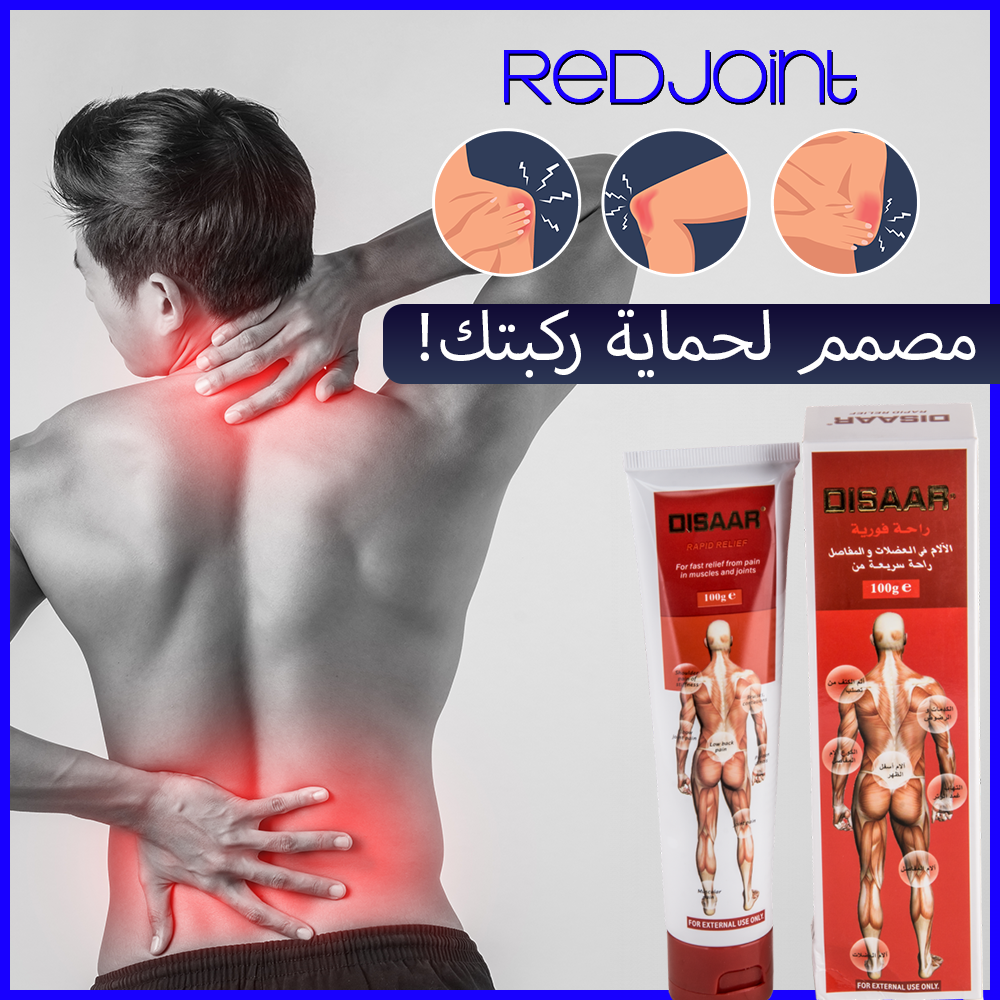10 Causes Chest Pain: What It Means and How to Treat It
Chest pain is one of the most alarming symptoms you can experience. It can be a sharp stab, a dull ache, or even a crushing pressure. While chest pain is often linked to heart problems, there are several other potential causes. Understanding the source of chest pain is essential for seeking the right treatment. Below, we’ll explore 10 common causes of chest pain, what they mean, and how they can be treated.
1. Heart Attack
What It Means
A heart attack occurs when blood flow to the heart is blocked, often due to a blood clot in the coronary arteries. Symptoms include severe chest pain, pain radiating to the arm, jaw, or back, shortness of breath, and sweating.
How to Treat It
- Emergency Care: Call 911 immediately if you suspect a heart attack.
- Medications: Aspirin, blood thinners, or clot-dissolving drugs.
- Procedures: Angioplasty or bypass surgery to restore blood flow.
2. Angina
What It Means
Angina is chest pain caused by reduced blood flow to the heart. Unlike a heart attack, it typically occurs during physical exertion or stress and subsides with rest.
How to Treat It
- Lifestyle Changes: Regular exercise, healthy diet, and stress management.
- Medications: Nitroglycerin or beta-blockers to improve blood flow.
- Medical Procedures: In severe cases, angioplasty may be necessary.
3. Acid Reflux (GERD)
What It Means
Gastroesophageal reflux disease (GERD) occurs when stomach acid flows back into the esophagus, causing a burning sensation in the chest often mistaken for heart pain.
How to Treat It
- Lifestyle Adjustments: Avoid trigger foods like spicy or fatty meals.
- Medications: Antacids, H2 blockers, or proton pump inhibitors.
- Surgery: In rare cases, surgery may be needed to correct the issue.
4. Pulmonary Embolism
What It Means
A pulmonary embolism occurs when a blood clot blocks blood flow in the lungs. It’s a life-threatening condition that causes sudden, sharp chest pain, rapid breathing, and a fast heart rate.
How to Treat It
- Emergency Care: Call for immediate medical help.
- Medications: Blood thinners and clot-dissolving drugs.
- Oxygen Therapy: To help with breathing difficulties.
5. Pneumothorax (Collapsed Lung)
What It Means
A collapsed lung happens when air leaks into the space between the lung and chest wall, causing intense pain on one side of the chest.
How to Treat It
- Minor Cases: May resolve on their own.
- Serious Cases: Require a chest tube or surgery to remove trapped air.
6. Costochondritis
What It Means
Costochondritis is the inflammation of the cartilage that connects the ribs to the breastbone, causing localized chest pain that worsens with movement.
How to Treat It
- Pain Relievers: Over-the-counter anti-inflammatory medications like ibuprofen.
- Rest: Avoid activities that strain the chest muscles.
- Heat Therapy: Apply a warm compress to ease the pain.
7. Anxiety and Panic Attacks
What It Means
Intense anxiety or panic attacks can mimic heart attack symptoms, causing chest tightness, rapid heartbeat, and shortness of breath.
How to Treat It
- Relaxation Techniques: Deep breathing, meditation, or mindfulness exercises.
- Therapy: Cognitive-behavioral therapy (CBT) to address underlying anxiety.
- Medications: Anti-anxiety medications if recommended by a doctor.
8. Pneumonia
What It Means
Pneumonia is a lung infection that causes inflammation and pain, especially when breathing deeply or coughing. It’s often accompanied by fever, chills, and fatigue.
How to Treat It
- Antibiotics: For bacterial pneumonia.
- Rest and Hydration: Essential for recovery.
- Oxygen Therapy: In severe cases to improve breathing.
9. Esophageal Spasms
What It Means
Esophageal spasms are abnormal contractions of the esophagus, often causing severe chest pain that can be mistaken for a heart attack.
How to Treat It
- Diet Changes: Avoid hot or cold foods and drinks that trigger spasms.
- Medications: Muscle relaxants or acid-reducing drugs.
- Surgery: Rarely required for persistent cases.
10. Muscle Strain
What It Means
Overuse or injury to the chest muscles from activities like heavy lifting or intense exercise can lead to localized pain.
How to Treat It
- Rest: Allow the muscles time to heal.
- Pain Relievers: Over-the-counter medications like acetaminophen or ibuprofen.
- Physical Therapy: In chronic or severe cases.
When to Seek Emergency Help
While some causes of chest pain are minor, others require immediate medical attention. Seek emergency care if you experience:
- Severe or crushing chest pain.
- Pain that radiates to your arm, neck, or jaw.
- Shortness of breath, sweating, or dizziness.
- Fainting or nausea.
Conclusion
Chest pain can arise from a variety of causes, ranging from mild conditions like muscle strain to life-threatening emergencies like a heart attack or pulmonary embolism. Understanding the symptoms and seeking prompt medical evaluation is crucial. When in doubt, always err on the side of caution and consult a healthcare professional.
How can I tell if my chest pain is heart-related?
Heart-related pain often feels like pressure or tightness and may radiate to other areas like the arms or jaw. Other symptoms include shortness of breath and sweating.
Can anxiety cause chest pain?
Yes, anxiety and panic attacks can cause chest pain that mimics heart attack symptoms, including tightness and a rapid heartbeat.
When should I go to the hospital for chest pain?
Seek immediate medical help if your chest pain is severe, persistent, or accompanied by symptoms like shortness of breath, nausea, or fainting.
Is chest pain from acid reflux serious?
While acid reflux itself isn’t life-threatening, it can mimic serious conditions like heart pain. Persistent symptoms should be evaluated by a doctor.
What lifestyle changes can help prevent chest pain?
Maintaining a healthy diet, exercising regularly, managing stress, and avoiding smoking can reduce the risk of conditions that cause chest pain.




Post Comment